- Landmine, ERW casualties rising in Arakan State amid ongoing conflict
- Eight children killed or injured in two days of shelling, UXO blasts in Hpakant
- Junta launches offensive to retake strategic Point 666 hilltop base in Bago Region
- Civilian casualties rise in Kyaukphyu amid junta artillery and airstrikes
- Weekly Highlights from Arakan State (Feb 9 to 15, 2026)
REC collects IDP lists with difficulty
Heavy rain, blocked roads and security risks because of military troops have hampered the efforts of the Rakhine Ethnics Congress (REC) to collect the list of war victims in Arakan State, said secretary of the REC.
31 Jul 2019
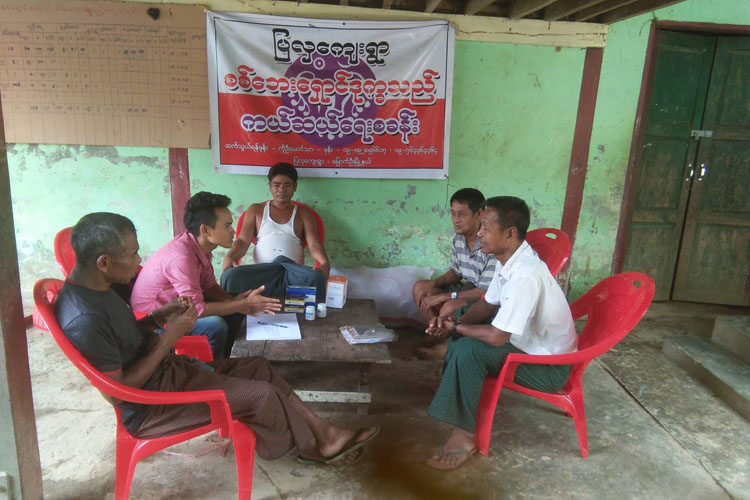
Win Nyunt | DMG
31 July, Sittwe
Heavy rain, blocked roads and security risks because of military troops have hampered the efforts of the Rakhine Ethnics Congress (REC) to collect the list of war victims in Arakan State, said secretary of the REC.
“The outbreak of hostilities is greater and clashes have intensified in the region. Landmine explosions have stymied transportation in these areas. Meanwhile, military forces conducting clearance operations in the region are using heavy-handed tactics on civilians under suspicion. This increases the concern among our staff who have to conduct field survey on the ground,” said Ko Zaw Zaw Tun, secretary of the REC.
The Myanmar government, since 21 June, has cut Internet access in conflict-ridden areas in Arakan State’s Mrauk-U, Kyauktaw, Minbya, Ponnagyun, Rathedaung, Buthidaung, Maungdaw and Myebon Townships and Chin State’s Paletwa Township.
The Internet black out has profoundly affected the socio-economic conditions of local residents as well as the progress of relief aid workers who are collecting lists of IDPs to provide humanitarian assistance.
“Previously, it was easy to collect data on the ground, just wrote down the required information on paper, photograph it and send it through a cyber-based media platform. Now, we lack Internet access so we have to depend on phones. Talking on the phone takes time and we can’t hear well sometimes due to poor connections,” Ko Zaw Zaw Tun said.
The number of IDP camps has reached over 100 with nearly 60,000 refugees due to ongoing armed conflict between the Tatmadaw and the AA that broke out in Arakan State since December last year. Refugees from some IDP camps lack of food and health care.




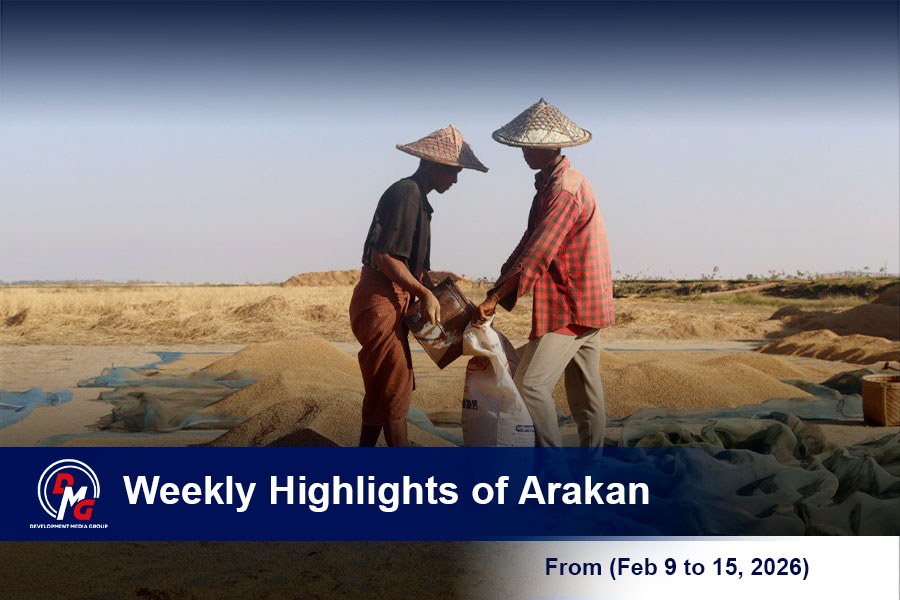
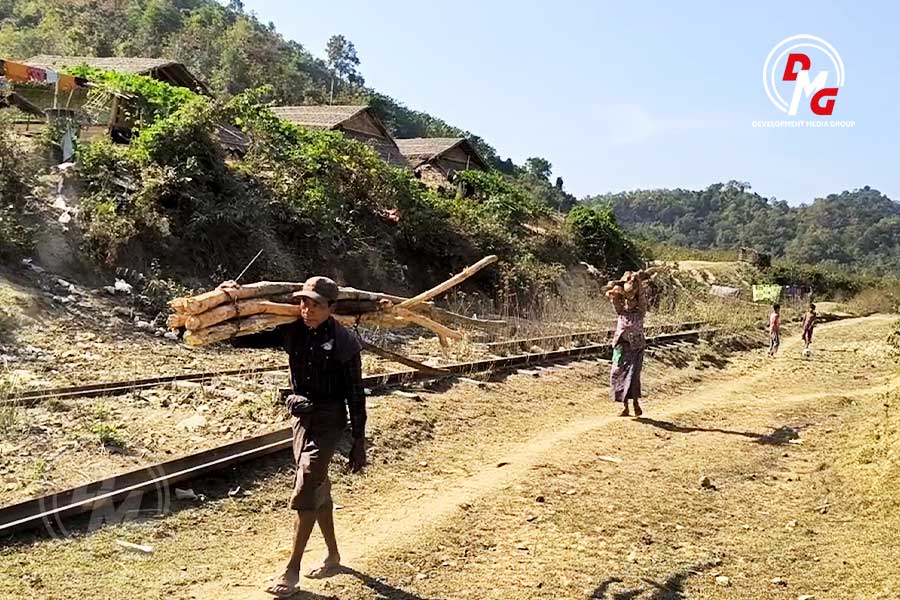
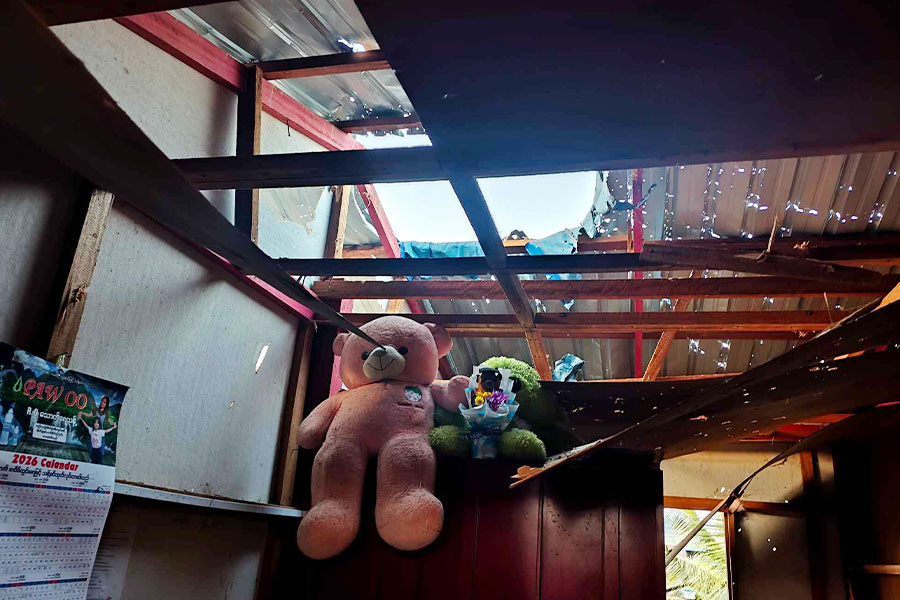
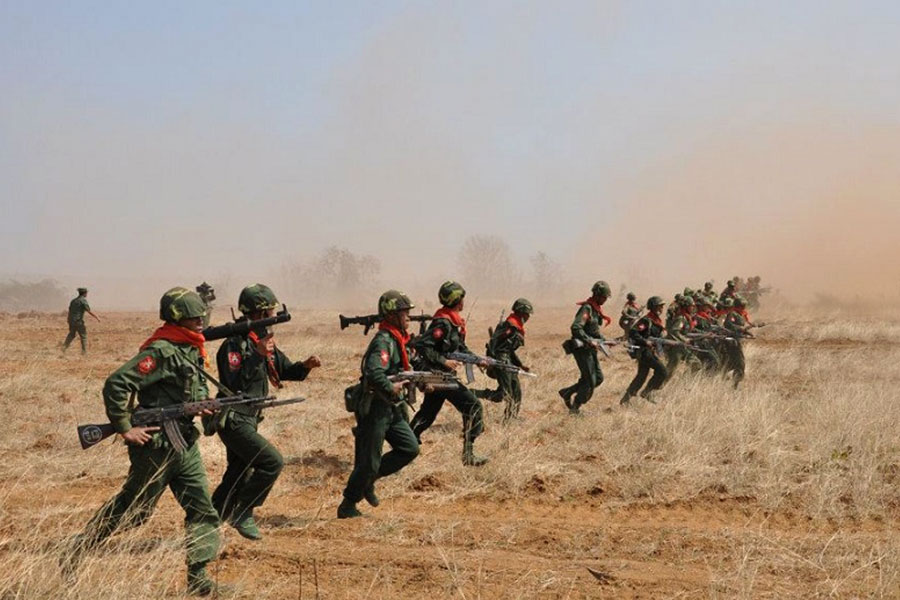
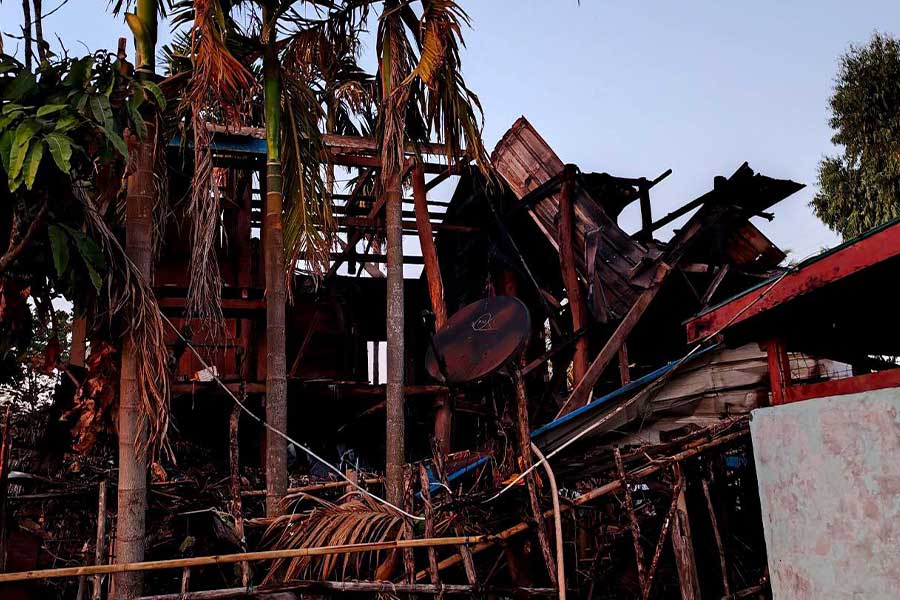







.jpg)
